By Beata Bruggeman-Sekowska “Doctor, will I live?” These were the last words of Loreta Asanavičiūtė, a 23 year old Lithuanian freedom defender, who was run over by a Soviet tank on January 13 1991. On this day armoured Soviet forces drove through peaceful crowd which gathered to protect the symbol of Lithuania’s independence – […]
By Beata Bruggeman-Sękowska On September 8, 1968, Ryszard Siwiec committed suicide by public self-immolation in protest against the Warsaw Pact invasion of Czechoslovakia. He set himself on fire during the nationwide harvest festival at the Stadion Dziesięciolecia (stadium) in Warsaw, Poland in the presence of the leaders of the Polish United Workers’ Party, diplomats and 100,000 spectators. […]
By Beata Bruggeman-Sekowska On May 13th at the Nederlands Fotomuseum a launch of the ‘’Siberian Exiles’’ part 2 by a talented documentary photographer Claudia Heinermann took place, a very special project devoted to the oppression of communism, abuse of power and crimes against humanity. In part 2 of the trilogy Claudia Heinermann follows the […]
Patrick van Schie After having ruled the Soviet Union for more than a quarter of a century, Josef Stalin died seventy years ago, in the early morning of March 5, 1953. “The news of Comrade Stalin’s passing will cause deep sorrow in the hearts of the workers, collective peasants, intellectuals and the entire working […]
Ambassadors of Lithuania, H.E. Mr. Neilas Tankevičius, Latvia H.E. Ms. Aiga Liepiņa and Estonia H.E. Mr. Lauri Kuusing invite to the 3rd edition of online Baltic Film Weekend in the Netherlands which will take place from 27 till 29 January. ”The 2023 edition is devoted to the courage and resolve of Estonians, Latvians and Lithuanians whose combined […]
August 17, 1962: Peter Fechter killed by GDR border troops By Patrick van Schie Peter Fechter bleeds to death on the wrong side of the Wall The young East Berlin construction worker Peter Fechter became world famous because of his flight to freedom. More than a year after the construction of border barriers […]
The remains of between 5,000 and 8,000 victims of communist terror were found in 29 graves in the southern city of Odessa in Ukraine. Hundreds of thousands of Ukrainians are believed to have died during Joseph Stalin’s rule of the Soviet Union. Read more here: https://www.bbc.com/news/world-europe-58340805?fbclid=IwAR2wes53zd3pwxBrOBzZvSE_Qt0vio6ifnB0FuKA7Lm8W0Xrl4cvLiAjR5A
By Beata Bruggeman-Sekowska 65 years ago on the 28 June of 1956, at 6 a.m. Poznań ( city in the western part of Poland) riots started at the multifactory complex of Joseph’s Stalin’s (or ‘Cegielski’s) Metal Industries. Approximately 100,000 people gathered in the city centre near the local Ministry of Public Security building demanding better […]
Beata Bruggeman-Sękowska On September 17 about 1 million troops of the Red Army crossed the eastern borders of Poland starting the red invasion of Poland. It was sixteen days after Nazi Germany invaded Poland from the west. The invasion ended on 6 October 1939 with the two-way division and annexation of the entire Second […]
Beata Bruggeman-Sekowska Interview with Claudia Heinermann, a prize-winning author of Wolfskinder and an author of a new Trilogy: ‘Siberian Exiles’. Beata Bruggeman-Sekowska: You are the author of the prize-winning book Wolfskinder A Post-War Story. And since 2016 you have been working on a very special project devoted to the oppression of communism, abuse of […]

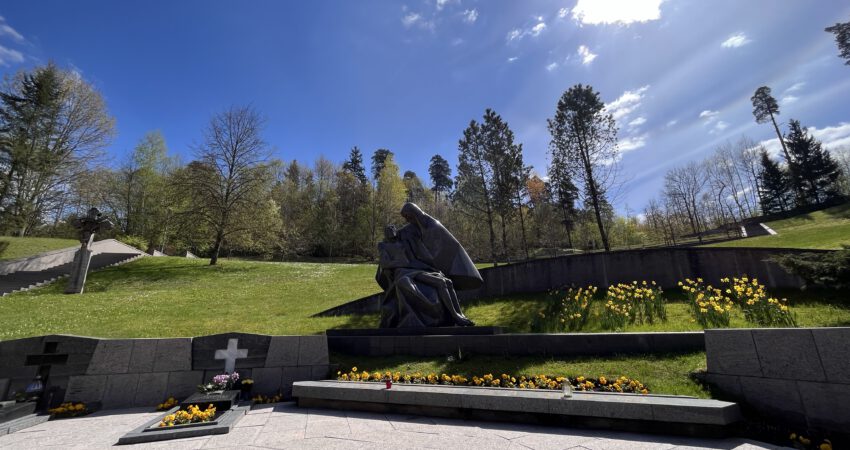
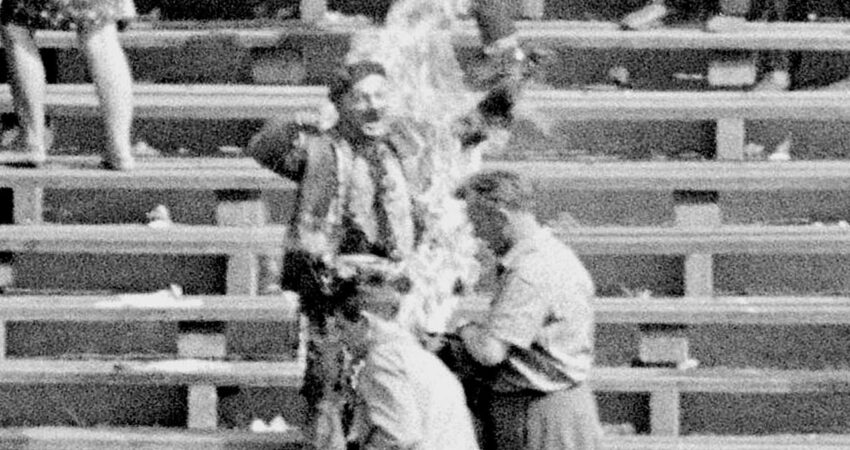
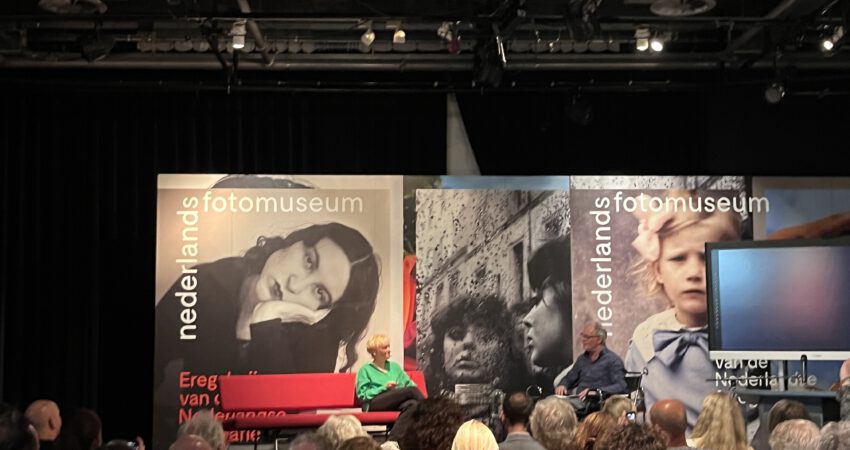
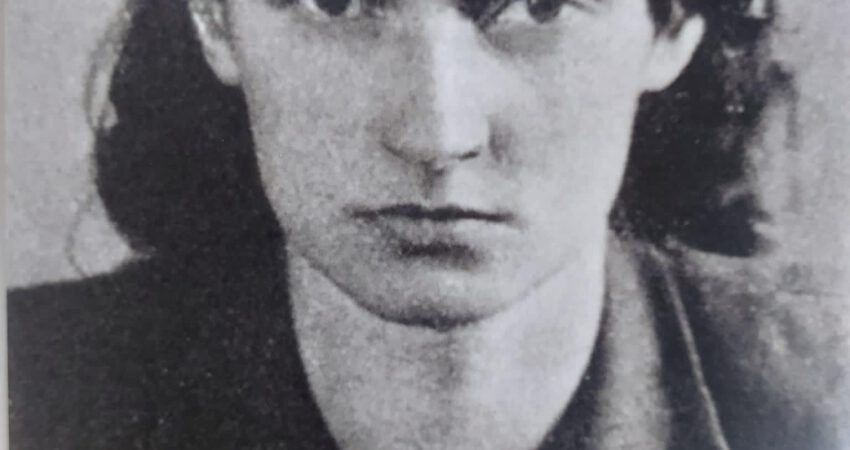
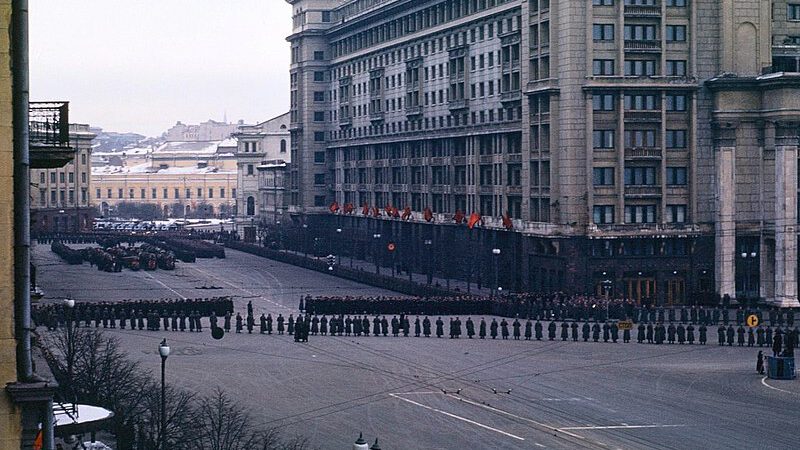

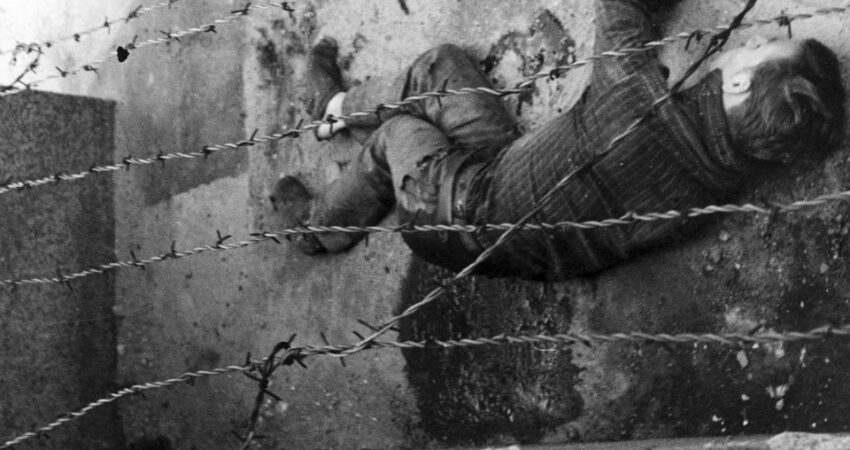
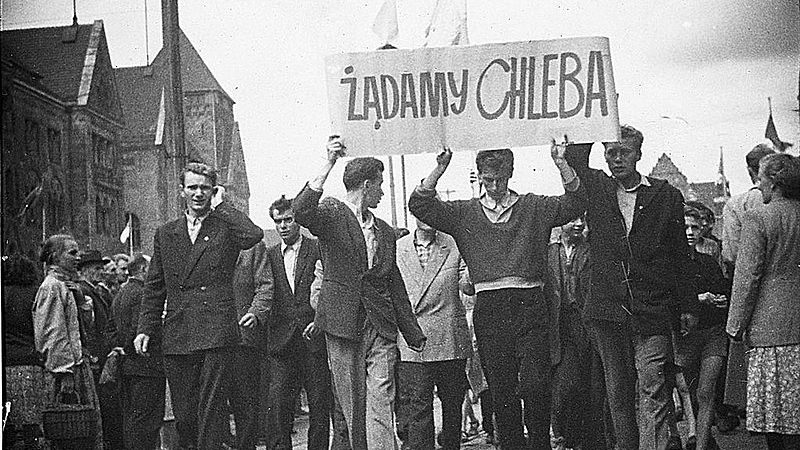
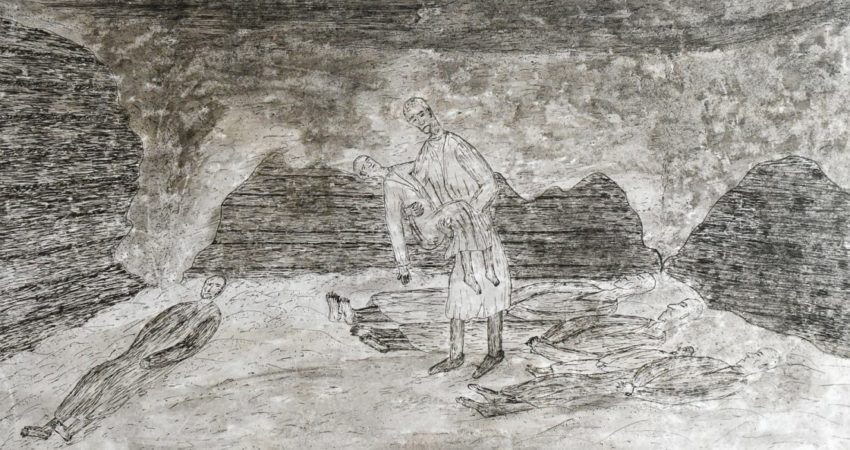
Follow Us!